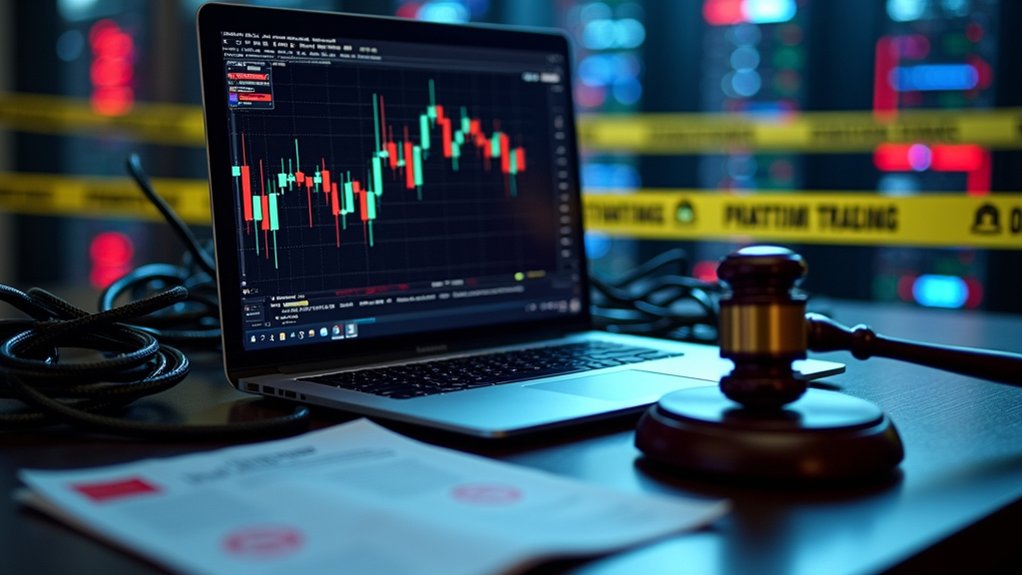Definition
The South African Reserve Bank (SARB) is South Africa's central bank, established to manage the country's monetary policy and maintain financial stability. Its primary mandate is to protect the value of the South African rand by keeping inflation between 3% and 6%.
The South African Reserve Bank safeguards the rand's value by targeting inflation between 3% and 6% while ensuring the nation's financial stability.
SARB controls the money supply, sets interest rates, and issues the nation's banknotes and coins. The bank also supervises commercial banks, manages the country's gold and foreign exchange reserves, and oversees the national payment system.
Think of SARB as the financial backbone of South Africa's economy—it keeps money flowing smoothly while preventing inflation from eroding purchasing power. The bank operates independently, with shareholders having no influence over policy decisions.
Like other central banks worldwide, SARB can intervene directly in the forex market to stabilize the rand during periods of excessive volatility or when currency movements threaten economic stability.
In short: SARB is South Africa's central bank that controls monetary policy, manages the rand's value, and maintains financial stability through inflation targeting and banking supervision.
Example in Action
How does South Africa's central bank actually operate in the foreign exchange market when conditions demand action?
SARB buys dollars and other currencies in the spot market to build reserves without pushing the rand too far. It doesn't announce purchases beforehand.
When large foreign investment suddenly flows in, SARB may step in off-market to absorb it. FX swaps help manage short-term liquidity.
Like Bank Al-Maghrib's approach to managing currency reserves, SARB balances accumulation with market stability considerations.
Monthly reserve reports show what happened.
Why It Matters
Foreign exchange reserves act as South Africa's financial safety net when global markets turn hostile. They boost investor confidence during crises and help prevent sudden capital flight.
Credit rating agencies watch reserve levels closely when scoring South Africa's creditworthiness.
For African traders, SARB's reserves mean the rand won't collapse overnight during global shocks, keeping forex markets functional even when fear spreads.
The rand's emerging market currency status makes it particularly sensitive to changes in global risk appetite and commodity price movements.
« Back to Glossary Index


